

Why Abba Kyari deserves Presidential Pardon...
By edentu OROSO
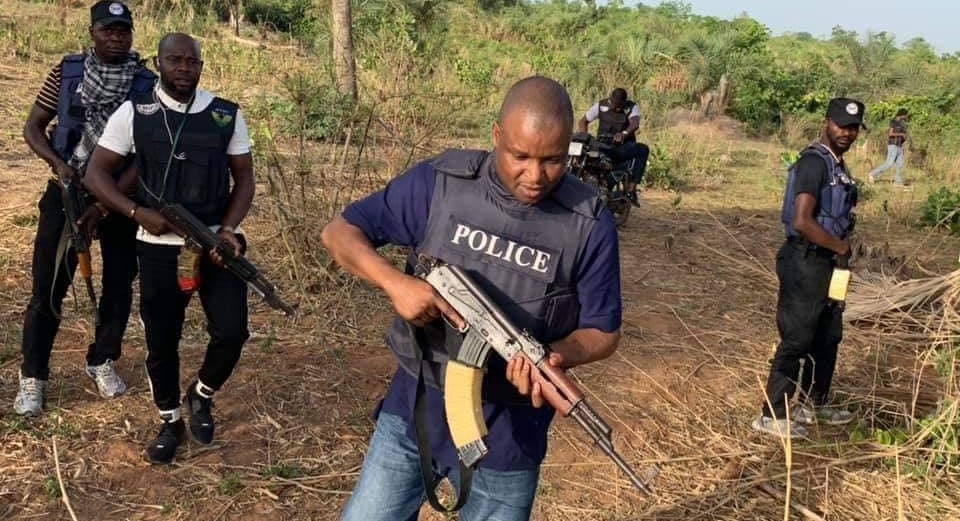 Abba Kyari leading his Men in Action back in the day
Abba Kyari leading his Men in Action back in the day
At the zenith of his illustrious career as Commander of the Inspector-General of Police Intelligence Response Team (IRT), Deputy Commissioner of Police Abba Kyari towered above his peers—an emblem of gallantry in Nigeria’s fraught security landscape. He was more than a law enforcer; he was a phenomenon. Decorated with the moniker “The Super Cop,” Kyari carved a niche for himself as the scourge of the underworld, a relentless pursuer of justice whose mere name struck terror into the hearts of hardened criminals.
He didn’t just enforce the law—he embodied it. His battlefield was Nigeria’s grimy alleys of terror and violence, where he hunted down some of the most ruthless figures to have menaced the country’s peace. From Boko Haram kingpins to deadly kidnap lords and transnational fraud barons, Kyari’s dossier reads like the triumph of order over anarchy. To armed robbers and criminal masterminds, he was their Achilles' sword, their Waterloo.
Among his many celebrated conquests was the capture of Chukwudubem Onwuamadike, notoriously known as Evans the Billionaire Kidnapper, whose seven-year reign of terror ended in Kyari’s iron grip. He tracked and apprehended Abiodun Egunjobi, alias Godogodo, one of the most dangerous armed robbers in West Africa. And then there was Henry Chibueze, alias Vampire, a ruthless bandit likened to the legendary Lawrence Anini, who met his end under Kyari’s watch.
Kyari’s brilliance didn’t go unnoticed. The National Assembly once applauded his gallantry. The Silverbird Group named him Man of the Year in 2020. He was the gold standard of policing, a rare blend of tactical genius, intuitive precision, and iron resolve.
His fall from grace, marred by controversy and allegations, cannot erase the gleaming legacy of his years of service. While justice must always prevail, a holistic view of his extraordinary contributions invites the nation to consider clemency—not as a dismissal of the law, but as an act of national gratitude.
DCP Abba Kyari deserves a presidential pardon—not as a reward for his errors, but as a recognition of the many lives he saved, the criminals he caged, and the courage he exemplified in the face of national peril.
This appeal for a pardon for Abba Kyari does not hinge on the idea that exceptional service should outweigh scandalous misconduct. Because it sounds rather poetic, really, when seen in the light of the pesky detail that national security collapses when trust in law enforcement is eroded. You can’t enforce justice with one hand and flirt with crime with the other—unless you’re starring in a Nollywood version of Breaking Bad.
The goal of this piece is not to turn the presidency either into a forgiveness machine for “uncommon men” who “fell.” Rather, the goal is to avoid wasting our geniuses when the chips are down. Nigeria is in dire need of crime fighting czars right now. DCP Abba Kyari is the exemplar Super Cop! A state pardon and prompt call to duty would be in order. He would have learned a lesson or two by it.
Indeed, the call for clemency for DCP Abba Kyari is not an invitation to overlook wrongdoing; it is a patriotic plea rooted in reason, balance, and national interest. Throughout history, even in the most advanced democracies, the state has often tempered the hard edges of justice with the soft wisdom of pragmatism—especially where genius, skill, and unmatched service to the nation are involved.
Consider the United States of America, where President Gerald Ford granted a full, unconditional pardon to Richard Nixon—not to excuse Watergate, but to protect the fragile soul of the nation. Or the case of Frank Abagnale Jr., the infamous con artist whose criminal exploits inspired the film Catch Me If You Can. Abagnale, once a fugitive and master forger, was granted a second chance. The FBI recognised his rare gift and turned his cunning into an asset for the nation. He became an indispensable consultant in combating fraud and identity theft, working for decades with the very agency that once pursued him.
Likewise, Marcus Hutchins, the British hacker who saved the world from the WannaCry ransomware attack, was given a suspended sentence in the U.S., and went on to contribute positively to cybersecurity globally. Why? Because nations that are wise understand that a genius—however flawed—is too valuable to waste behind iron bars.
In that same spirit, Nigeria must now rise above the easy path of punitive justice and embrace restorative justice. DCP Abba Kyari is not an appendage in history to be discarded, but a formidable asset to be recalibrated for national good. His rare instincts, tactical intellect, and unrelenting bravery are tools this country desperately needs, especially now that bandits ravage highways, kidnappers terrorise farmlands, and armed robbers plague our cities with impunity.
To ignore such a weapon in our war against crime is to leave our troops disarmed in battle.
Let President Bola Tinubu, in the fullness of his constitutional powers, grant Kyari a Presidential Pardon—an act that will signal not weakness, but visionary strength. Let him be reinstated into the Nigeria Police Force, not as a symbol of controversy, but as a champion of redemption and renewal. Place him at the forefront of new national assignments to tackle banditry, terrorism, cybercrime, and the hydra-headed menace of organised crime.
Let his story become a parable of resurrection—a reminder that even broken swords can be forged into instruments of triumph.
The nation owes it to itself. In the age of uncommon threats, we cannot afford to throw away uncommon men.
One might be forgiven for mistaking this for a hagiography—a canonisation of sorts. We have now entered the “flawed hero deserves a sequel” chapter of the DCP Abba Kyari saga. The script feels familiar: the redemption arc is poised, national gratitude simmers, and historical analogies stretch the bounds of reality like a well-worn bungee cord. Check. Check. And check.
True, DCP Abba Kyari’s career was once gilded with acclaim. True, he was the golden boy of Nigerian law enforcement—making front pages for spectacular arrests, paraded as the fearless nemesis of the underworld, practically knighted by the media. It is also true that he hunted down Nigeria’s most notorious criminals with theatrical precision, earning both accolades and admiration. But the sheen dulled when his name became entangled with Hushpuppi, the infamous cyber fraudster with a request for his extradition by the FBI in the USA, and later with damning accusations from the NDLEA—allegedly dipping his fingers into the powdery rot of the cocaine trade.
Not exactly the kind of moonlighting you expect from the law’s golden standard. Not the extracurricular activity befitting the poster child of justice. That is—if proven guilty in a court of competent jurisdiction.
And yet, in a country where impunity has built mansions on every hilltop, is he the worst offender? Far worse walk freely among us, cloaked in agbadas or babanrigas, desecrating the soul of our nation not with bullets but with ballots and banknotes. They plunder our commonwealth under the guise of representation, pilfering futures with the stroke of a pen. These ones dine in daylight, unashamed, unbothered—untouched by consequence.
Perhaps that is the true tragedy. Not just that our heroes fall—but that our villains never do.

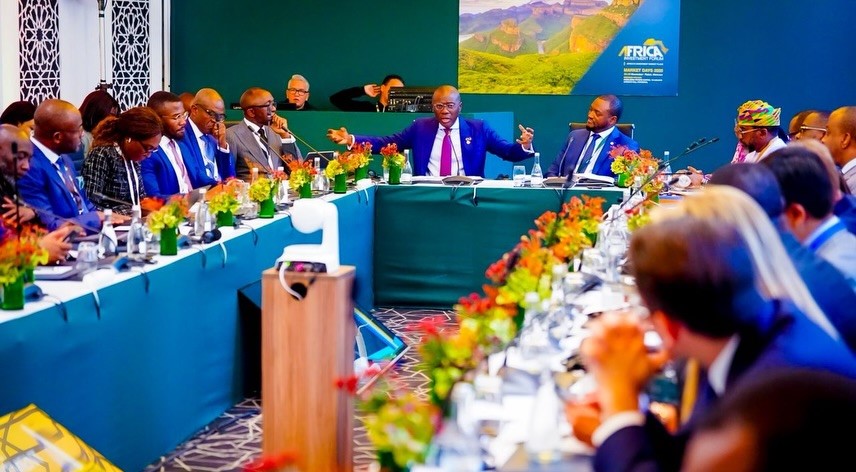
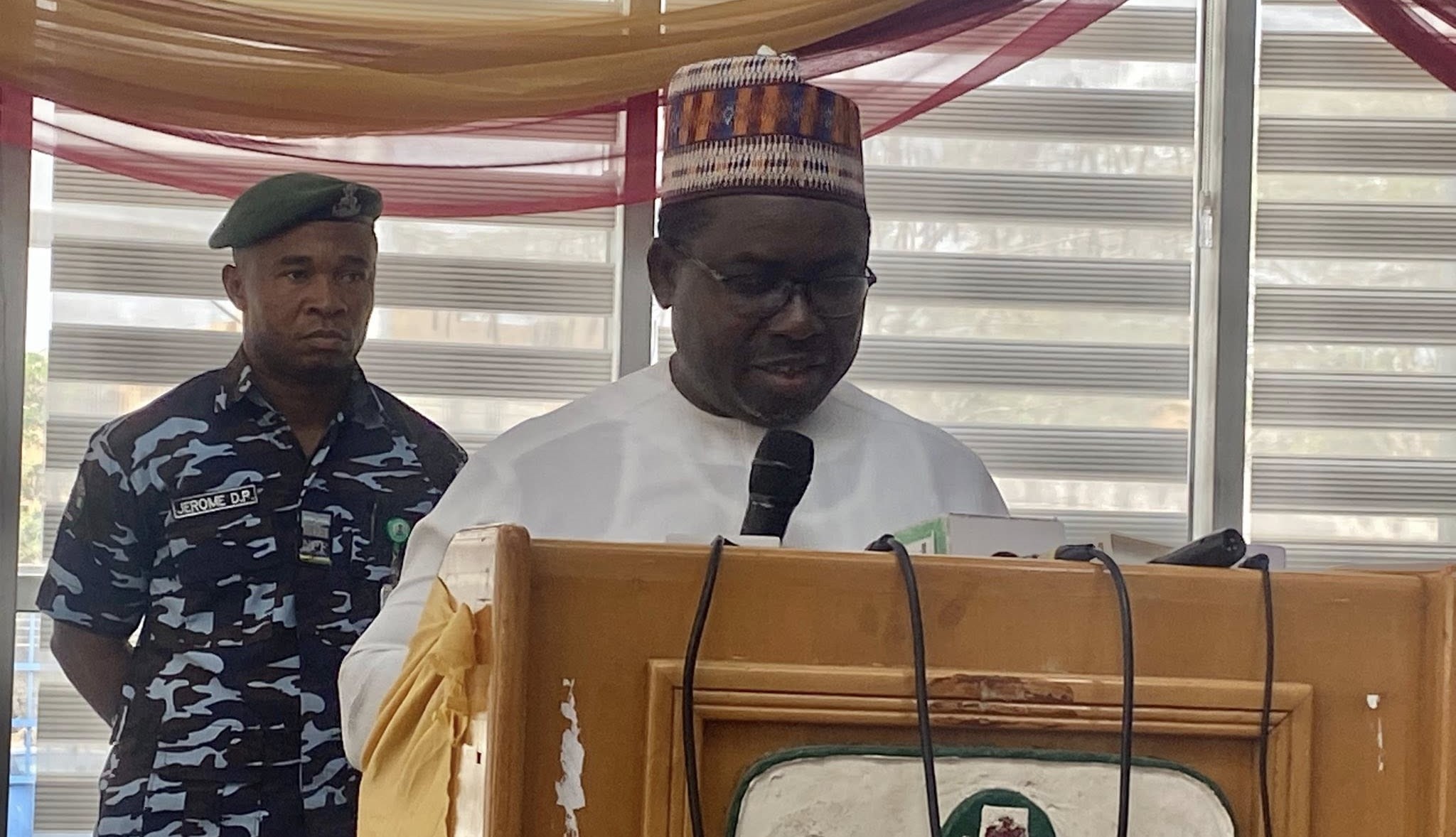
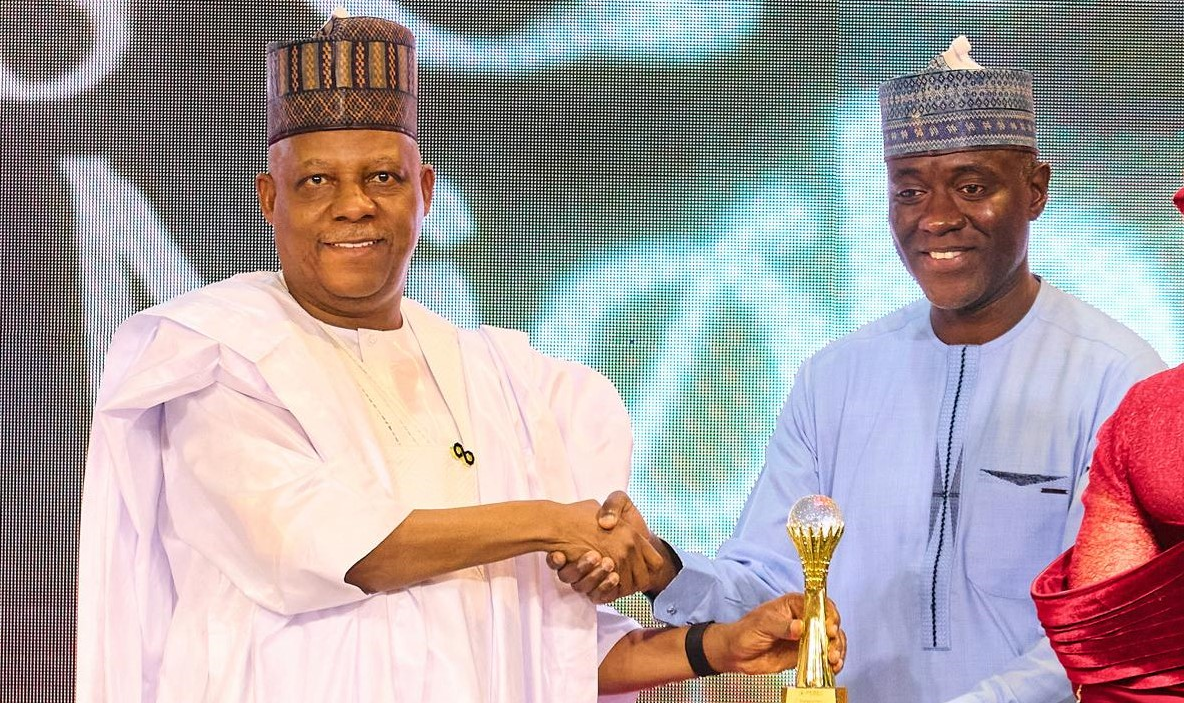
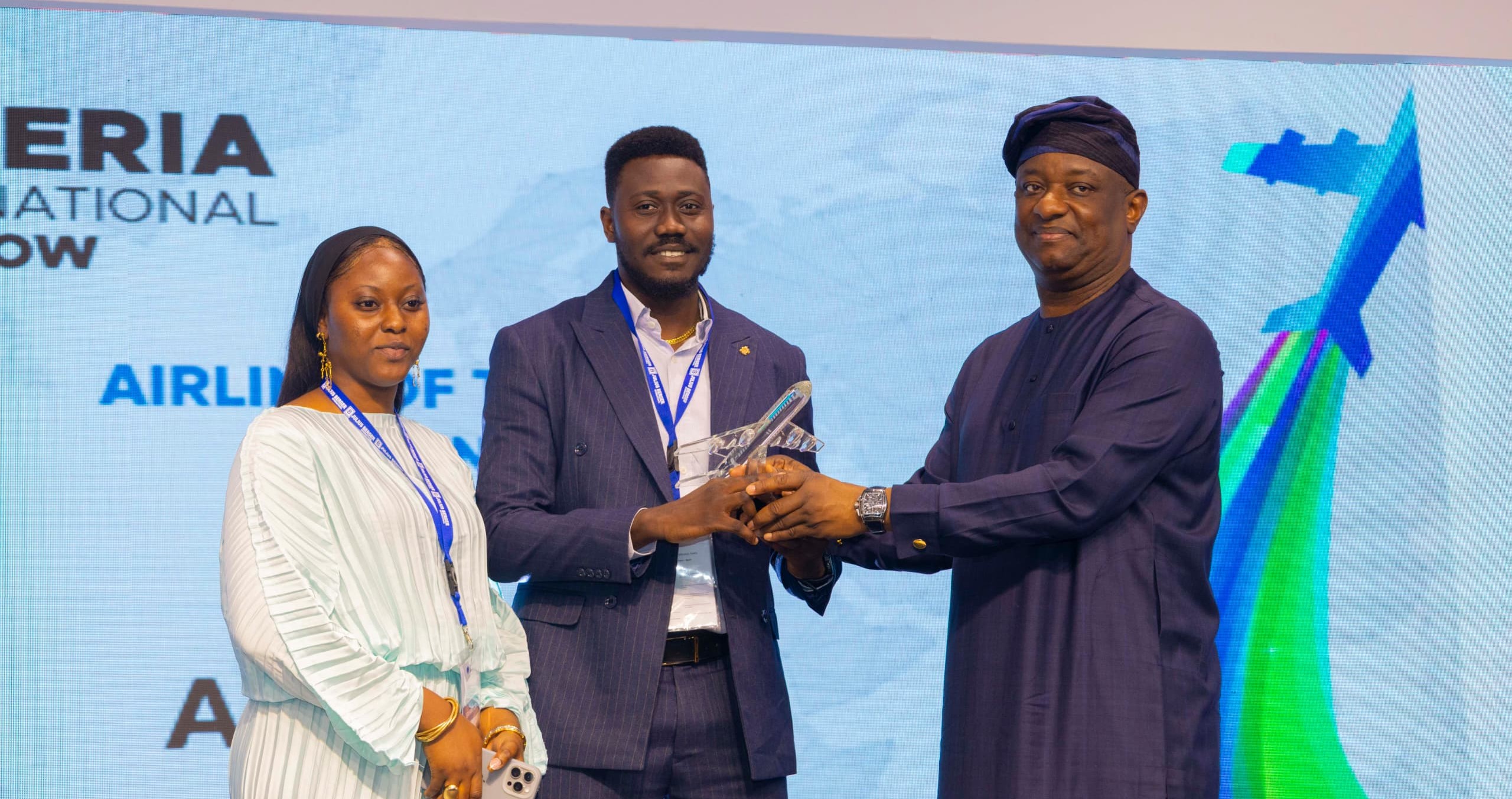
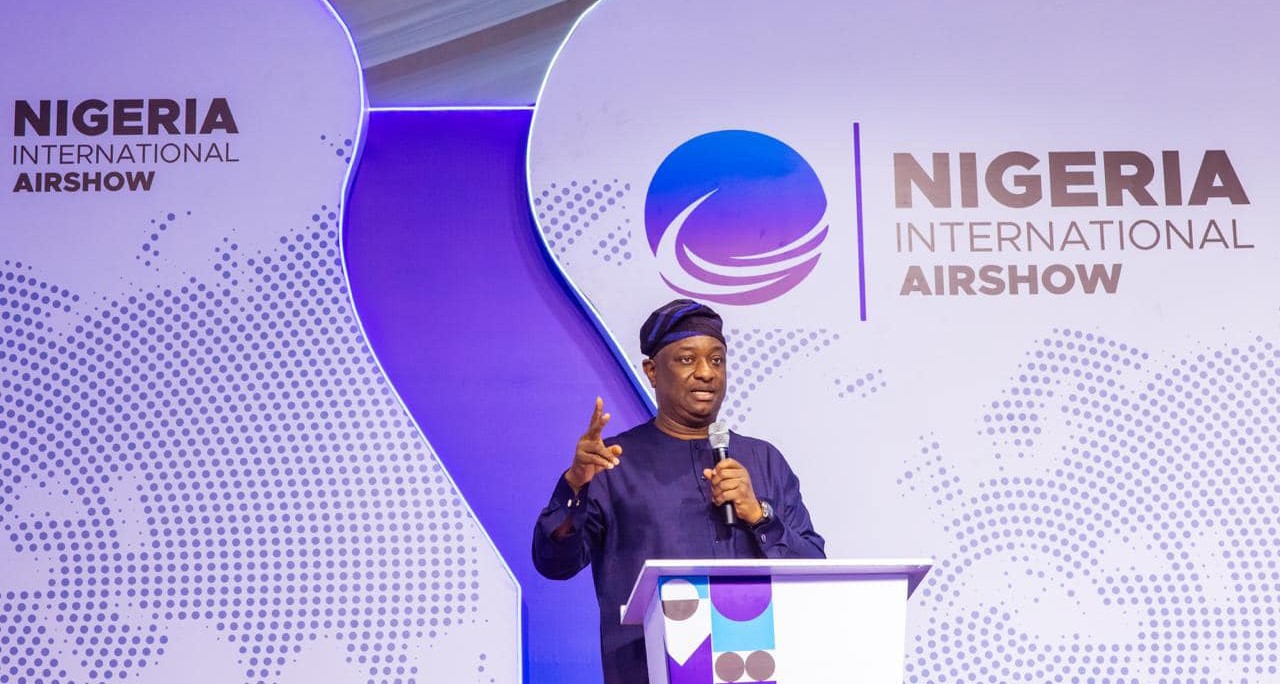

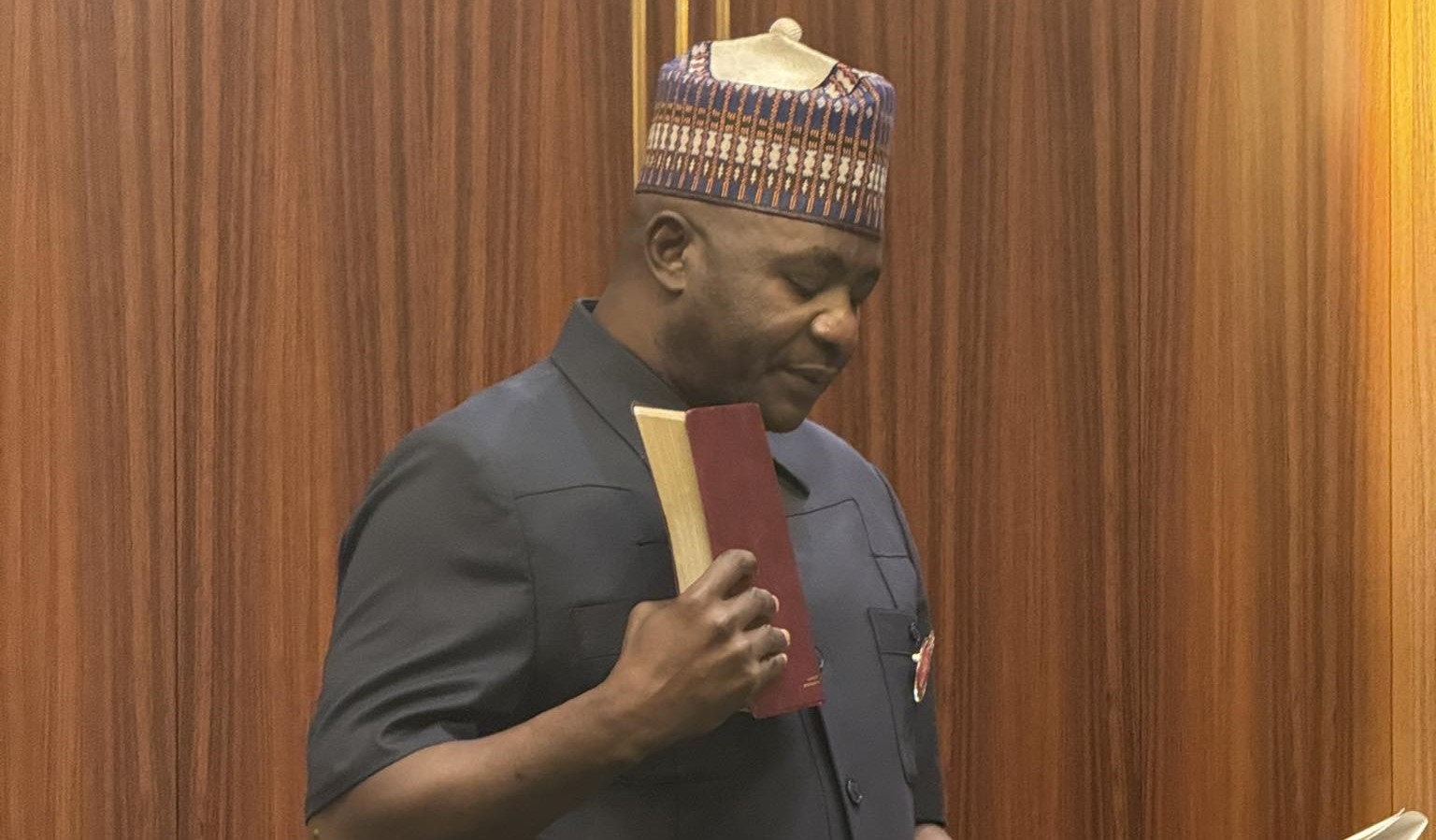
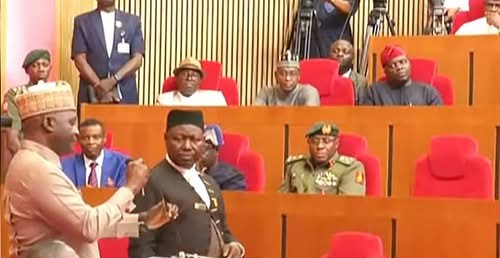
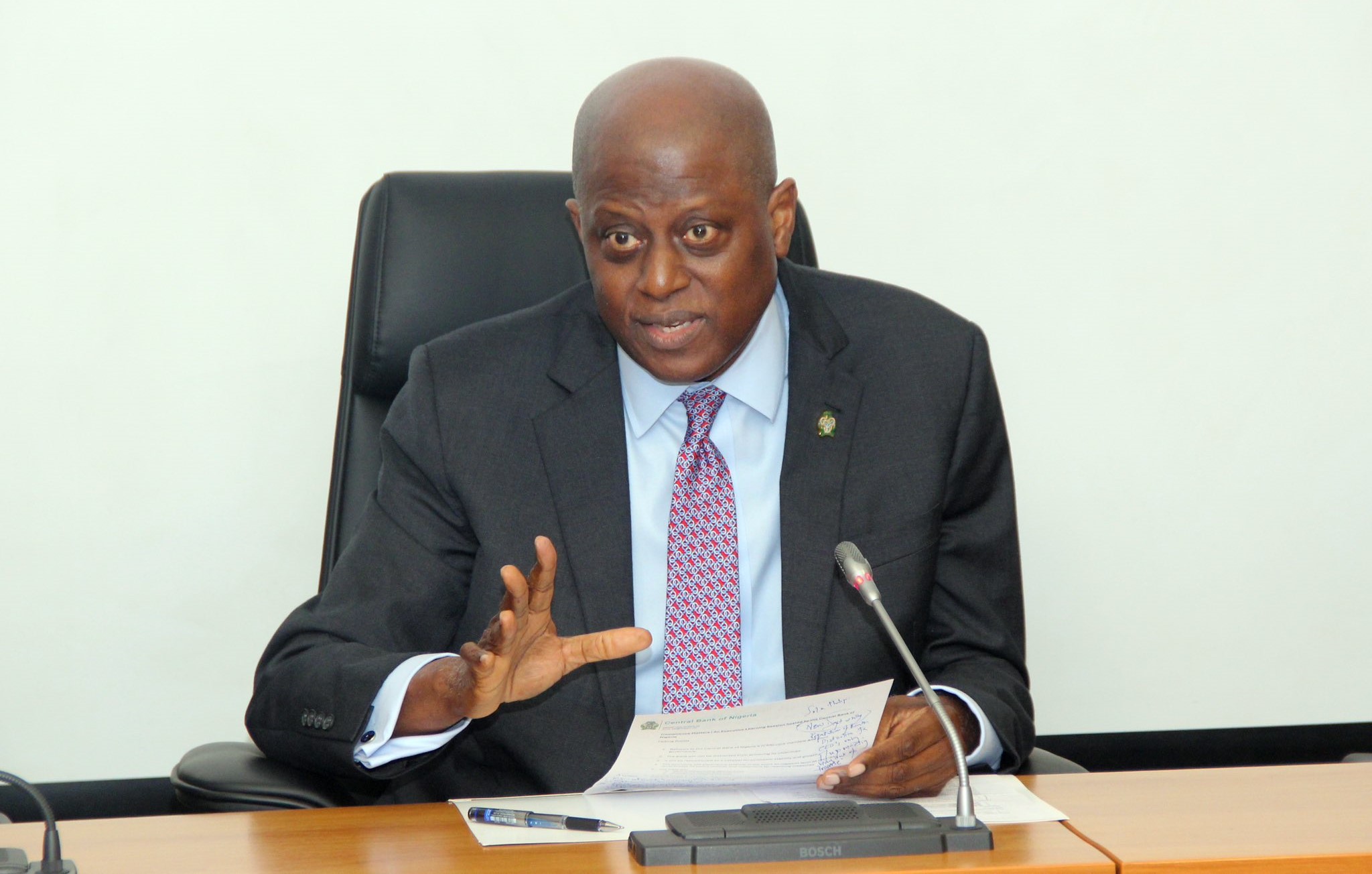
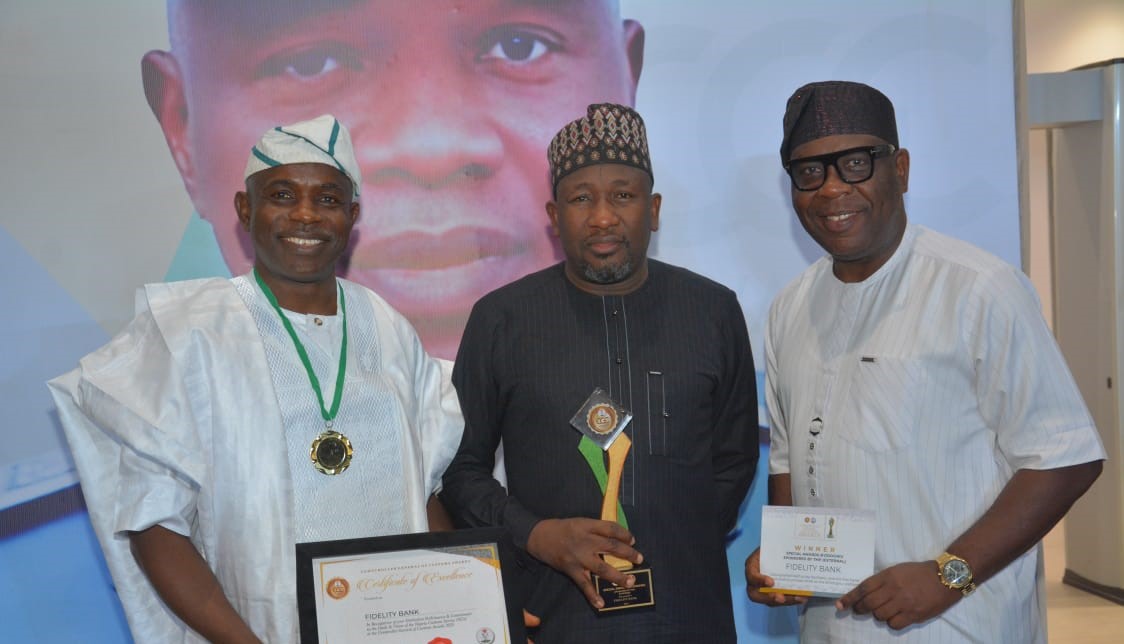
Comments
Be the first to comment on this post
Leave a Reply